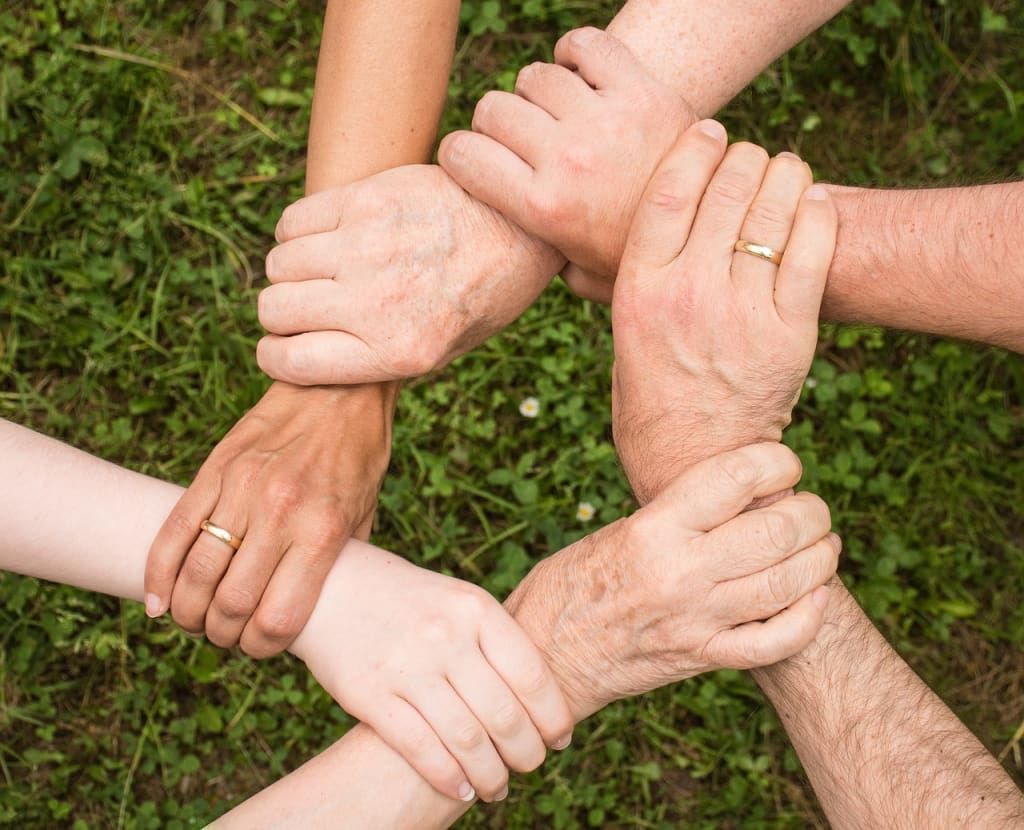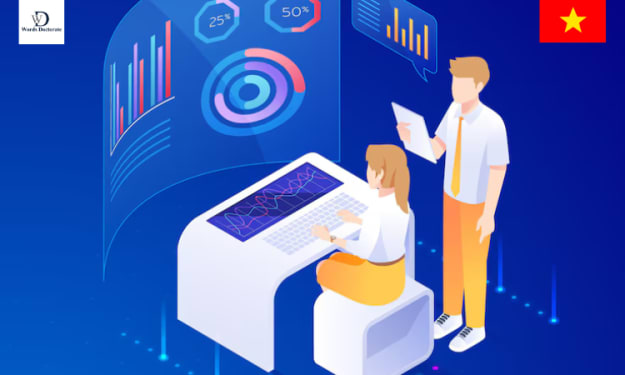Decentralized Autonomous Organizations (DAOs)
Exploring decentralized governance models

Introduction:
Decentralized Autonomous Organizations (DAOs) are an innovative concept that leverages blockchain technology to create autonomous and self-governing organizations. DAOs operate through smart contracts on a blockchain, allowing participants to collectively make decisions and govern the organization's activities. In this article, we will explore the concept of DAOs, their benefits, use cases, and challenges.
What is a DAO?
A DAO is a decentralized organization that operates based on a set of predefined rules encoded in smart contracts. These rules dictate how the organization functions, including decision-making processes, resource allocation, and distribution of rewards. DAOs are governed by their participants, who hold tokens representing their stake in the organization. Voting and consensus mechanisms are used to make collective decisions within the DAO.
Benefits of DAOs:
a. Transparency: DAOs provide transparency by recording all transactions and decisions on a public blockchain. This allows participants to verify and audit the organization's activities, ensuring openness and accountability.
b. Autonomy: DAOs are autonomous entities that operate according to predefined rules without the need for intermediaries or centralized control. This autonomy enables quick and efficient decision-making processes, reducing bureaucracy and increasing operational efficiency.
c. Inclusive Governance: DAOs allow for inclusive governance, giving every participant a voice in decision-making. The voting and consensus mechanisms ensure that decisions are made collectively, representing the interests of the participants.
d. Resource Allocation: DAOs can manage and allocate resources through smart contracts, enabling transparent and fair distribution of funds. Participants can propose projects or initiatives and receive funding based on the consensus of the DAO.
e. Global Participation: DAOs are not limited by geographical boundaries, allowing participants from anywhere in the world to join and contribute. This global participation fosters diverse perspectives and expertise within the organization.
Use Cases of DAOs:
a. Decentralized Finance (DeFi): DAOs have gained significant traction in the DeFi space, where they govern lending protocols, decentralized exchanges, and other financial services. Participants can collectively decide on interest rates, collateral requirements, and other parameters.
b. Governance of Blockchain Networks: DAOs can be used to govern blockchain networks themselves. For example, participants can vote on protocol upgrades, consensus mechanisms, or funding proposals for development.
c. Content Creation and Curation: DAOs can facilitate decentralized content creation and curation platforms. Participants can collectively curate and reward content creators based on their contributions, ensuring fair compensation and quality control.
d. Collective Investment Vehicles: DAOs can serve as investment vehicles, where participants pool their funds to invest in projects, startups, or other assets. The decision-making process and fund management can be governed by smart contracts and voting mechanisms.
Challenges and Considerations:
a. Regulatory Uncertainty: The regulatory landscape surrounding DAOs is still evolving, and there may be legal considerations and compliance requirements that need to be addressed.
b. Governance Efficiency: DAOs require effective governance mechanisms to ensure decision-making processes are efficient and represent the interests of participants. Developing mechanisms to handle disputes, voting protocols, and consensus mechanisms is crucial.
c. Scalability: As the number of participants and transactions in DAOs increases, scalability becomes a challenge. Blockchain networks need to scale to handle the increasing workload without compromising performance or security.
d. Security Vulnerabilities: DAOs are susceptible to security vulnerabilities, such as smart contract bugs or malicious attacks. Auditing smart contracts and implementing robust security measures are essential to protect the organization and its participants.
Conclusion:
Decentralized Autonomous Organizations (DAOs) represent a new paradigm of decentralized governance, enabled by blockchain technology. With their transparency, autonomy, and inclusive decision-making processes, DAOs offer a compelling alternative to traditional centralized organizations. While challenges exist, ongoing developments and innovations are addressing these issues, paving the way for the wider adoption of DAOs across various industries. As the technology evolves, DAOs have the potential to revolutionize the way organizations are governed and operated, fostering collaboration, fairness, and transparency in a decentralized manner.





Comments
There are no comments for this story
Be the first to respond and start the conversation.